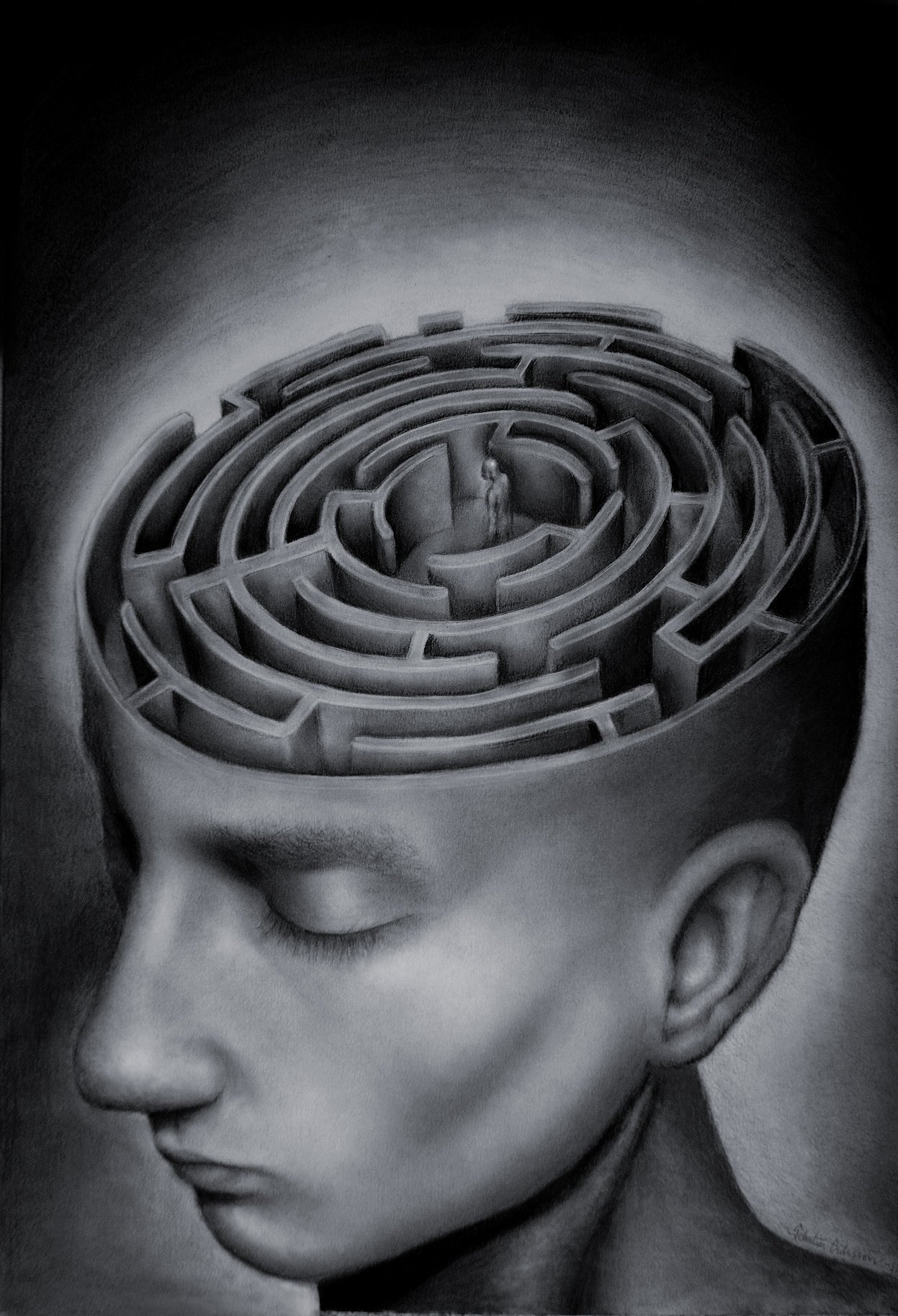
So Now What?
Before this class, I had never put much thought into literacy studies. I understood that being “literate” could mean a lot more than simply reading and writing, and I’d heard all the silly anecdotes about how little Johnny learned math by associating it with football, or how Mr. Cool taught his students Shakespeare by rapping, but I hadn’t put much thought into just how broad a topic literacy could be.
Then we got into class, and we started discussing all the different kinds of literacy. Now I started to see that “literacy” applied to all sorts of intellectual processes, from navigating a bus schedule to navigating Twitter. From that realization, it doesn’t take much for one to realize that current educational conventions don’t address this broad definition of literacy, even though it seems that they should. One begins to ask, “What should we do? What can we do?”
And that’s where I’m stuck. So far, this class has deconstructed my faith in the educational system, and I have yet to see a model that would be both effective and (relatively) easily implemented. I’m kind of flailing in my head, as I try to think of ways to steer a classroom away from the rigid, conventional ideas of literacy. Everything I can find (or think of) is either one of the anecdotes I referenced above, which are using unconventional techniques to reinforce conventional literacy ideas, or a plan for a huge, from-the-ground-up overhaul of the entire educational system, which would be hard to sell and even harder to fund. I’m having trouble finding a middle ground, and it’s been, at times, head-spinningly frustrating.
I obviously don’t expect to solve the problem single-handedly. I am looking forward to the next half(?) of the semester, and I hope we as a class can find some possible answers to these (and many more) questions.

 Website:
Website: